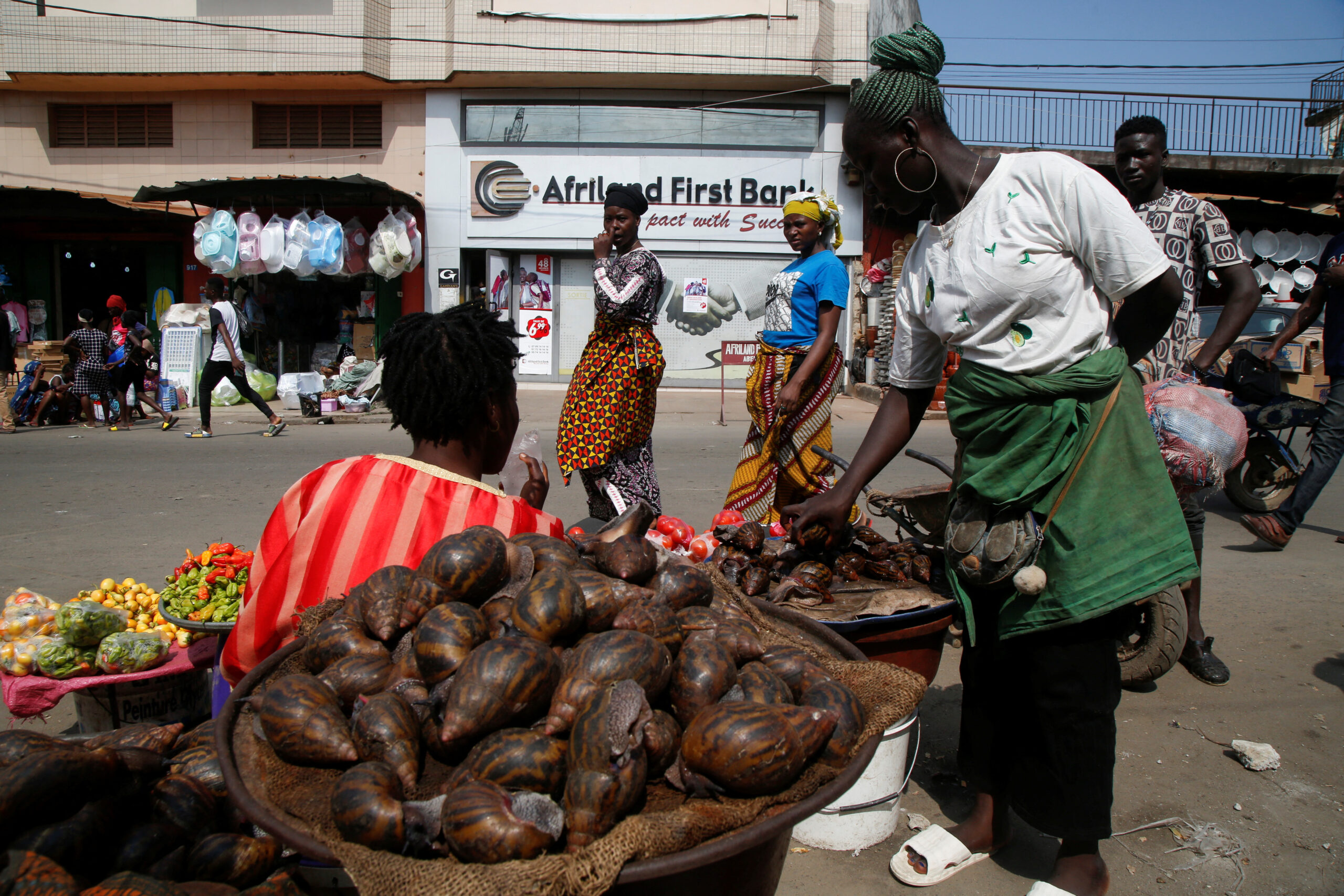Giant snails, weighing up to 500 grams and highly valued in Ivory Coast, are facing threats from deforestation and pesticides, prompting locals to establish thriving snail farms to both protect the species and generate income.
In an attempt to save giant snails from disappearing due to environmental challenges, communities in Ivory Coast have embraced snail farming, establishing successful operations. The simplicity, productivity, and profitability of snail farming have attracted numerous Ivorians to this trade, with the government reporting a significant increase in production from 25 to 250 tonnes of snails per month within five years.

Bernus Bleu, founder and director of the Côte d’Ivoire expertise escargots (CIEE), highlighted the cost-effectiveness and sustainability of snail farming, emphasizing its natural and organic nature, requiring minimal veterinary products and expenses.
The CIEE plays a crucial role in training farmers, setting up operations, and purchasing the snails. The snail shells are repurposed for livestock feed, and the snail slime is used to create cosmetic products, with exclusive rights held by the CIEE for soap production using snail mucin.
At the Côte d’Ivoire expertise escargots headquarters in Azaguié, workshops produce soap and shower gel using snail mucin, offering cosmetic benefits such as skin hydration, moisturization, improved complexion, and anti-ageing properties.
Beyond their cosmetic applications, giant snails are highly sought after as a delicacy in Ivorian cuisine. The local population appreciates the sweetness and taste of well-prepared snails.

The conservation efforts through snail farming come as Ivory Coast grapples with significant deforestation, driven by agricultural activities like cocoa production. Nearly 90% of the country’s forests have disappeared over the past 60 years.
The initiative not only contributes to snail conservation but also provides economic opportunities for local communities, showcasing the potential for sustainable farming practices to address environmental challenges.











